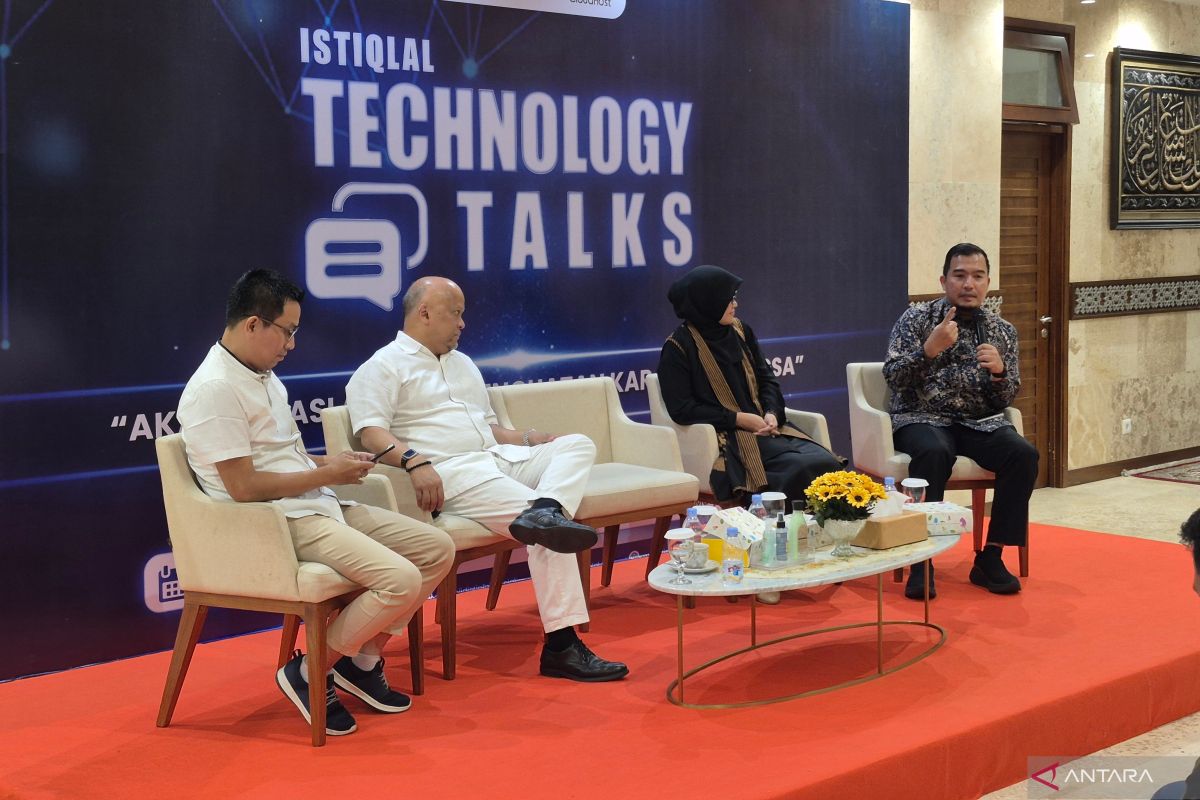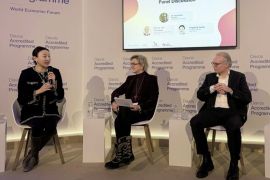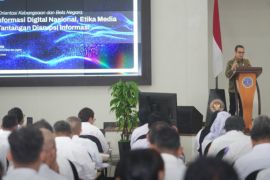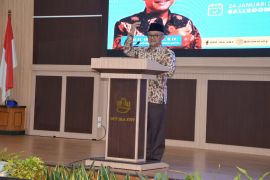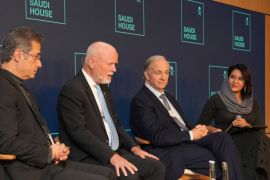“In the context of education, AI is not built to replace teachers, but rather to support them,” head of the ministry’s Center for Data and Information Technology, Yudhistira Nugraha, said during a discussion at Istiqlal Mosque here on Wednesday.
According to Nugraha, to effectively utilize AI in teaching, teachers need to master several stages.
The stages include identifying and understanding the information generated by AI, learning how to use AI, including creating prompts, applying them in the right context, and thinking critically about the responses provided by AI, he expounded.
He also advised teachers not to accept AI-generated content without verifying it. “We should not blindly accept everything AI says as true,” Nugraha stressed.
He then highlighted the importance of comparing outputs from different AI tools and using detailed prompts to ensure the accuracy and validity of the information they provide.
“There is the concept of prompt engineering. When we use precise prompts, we are more likely to get accurate results,” he added.
Concurring with Nugraha, chair of the implementation team of the National Information and Communication Technology Council (Wantiknas), Ilham Akbar Habibie, stressed that AI should be viewed as a tool to ease human tasks, not as a replacement for humans.
“AI should be used to help us, because it is only a tool. Instead of thinking about where we must position ourselves, we should first know what we truly want,” Habibie said.
He also advised the public to exercise caution when using AI, saying information disruption has become increasingly prevalent in the digital space.
“With various national programs in place, we need to apply proper design, implementation, and work processes,” he added.
Related news: Minister asks collegians to drive digitization with AI mastery
Related news: Former VP Kalla urges teachers to prepare for AI-driven education
Related news: AI in education must be ethical, says Indonesia at APEC meeting
Translator: Sean, Kenzu
Editor: Azis Kurmala
Copyright © ANTARA 2025
